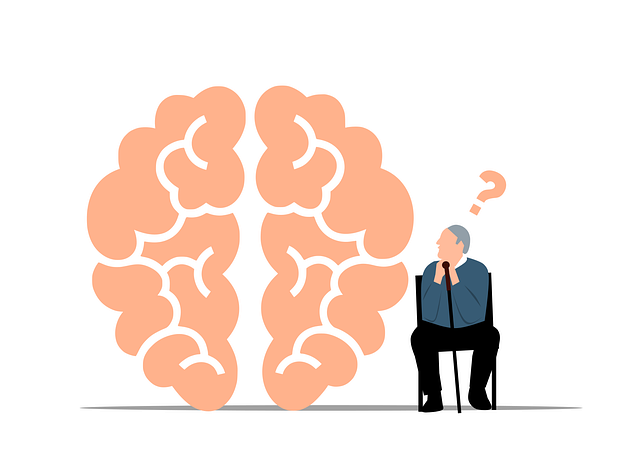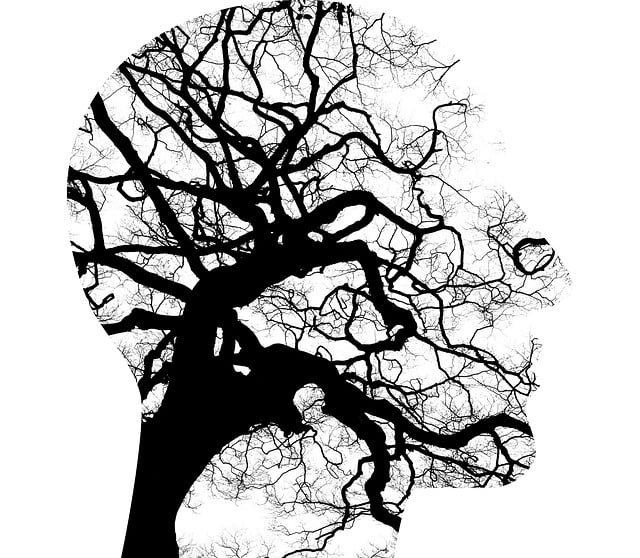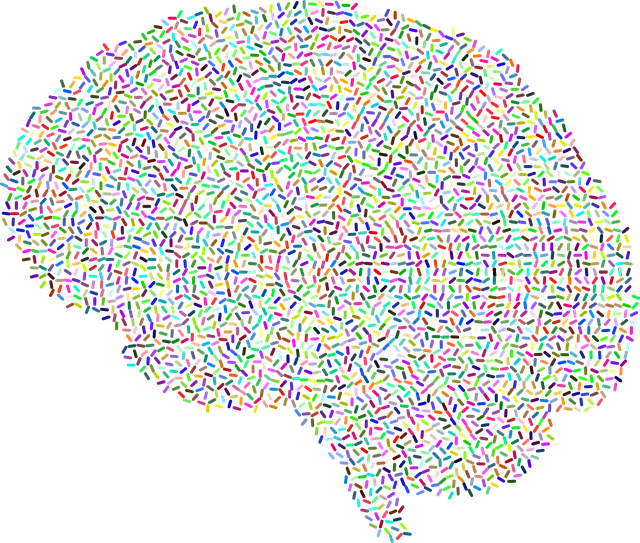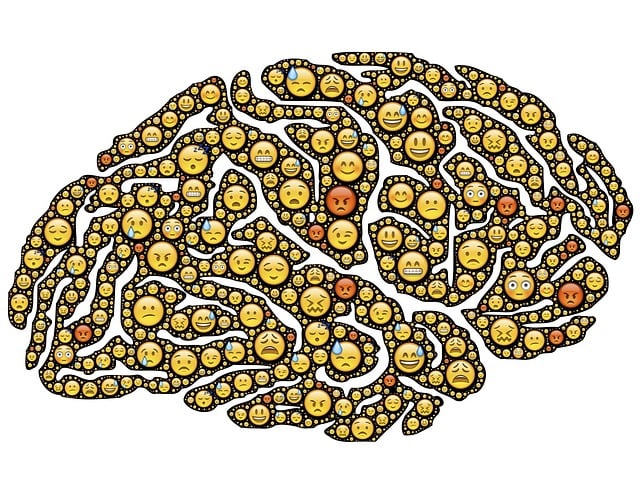Emotional intelligence (EI), centered around self-awareness, is crucial for personal growth and stress management. Northglenn Mental Health Evaluations Therapy provides comprehensive assessments and tailored techniques to enhance EI through mindfulness meditation and positive thinking. By focusing on emotional regulation, this therapy empowers individuals to manage current states, prevent crises, and make informed decisions about mental well-being, ultimately fostering healthier lifestyles.
Emotional intelligence (EI) is a powerful tool for personal growth and successful relationships. Understanding EI involves recognizing its core component: self-awareness, as explored in our initial section. Northglenn Mental Health Evaluations play a pivotal role in unlocking hidden emotional insights, guiding individuals toward self-discovery. Subsequently, therapy emerges as a catalyst, facilitating transformative changes. In daily life, cultivating emotional agility through practical strategies enhances resilience and communication skills. This comprehensive guide delves into these essential aspects, incorporating insights from Northglenn Mental Health Evaluations and highlighting the therapeutic journey to boost EI.
- Understanding Emotional Intelligence: The Foundation of Self-Awareness
- Northglenn Mental Health Evaluations: Unlocking Emotional Insights
- Therapy as a Catalyst for Enhancing Emotional Intelligence
- Practical Strategies to Cultivate Emotional Agility in Daily Life
Understanding Emotional Intelligence: The Foundation of Self-Awareness

Emotional intelligence (EI) is a vital skill set that enables individuals to understand and manage their own emotions while empathizing with others. At its core, EI begins with self-awareness—a cornerstone for anyone seeking Northglenn mental health evaluations and therapy. Recognizing and identifying one’s emotional responses, triggers, and patterns forms the foundation for personal growth and effective communication. By cultivating self-awareness, individuals can gain profound insights into their unique emotional landscapes, allowing them to navigate complex interpersonal relationships with greater ease.
This foundational aspect of EI is crucial not just for personal well-being but also for mental health professionals conducting risk assessments. Self-aware individuals are better equipped to handle stress, regulate emotions, and maintain composure during challenging situations—skills that are essential in both personal life and professional settings. Moreover, mindfulness meditation and positive thinking can complement self-awareness, promoting a healthier mindset and enhancing one’s ability to connect with others on an emotional level, as evidenced by various studies in the field of Northglenn mental health therapy.
Northglenn Mental Health Evaluations: Unlocking Emotional Insights

In today’s fast-paced world, recognizing and understanding emotions is a vital skill. Northglenn Mental Health Evaluations offer a unique opportunity for individuals to unlock profound emotional insights. These evaluations go beyond traditional therapy by providing comprehensive assessments that help people grasp their emotional patterns and triggers. Through expert guidance, clients gain the tools necessary for effective emotional regulation, enabling them to navigate life’s challenges with greater resilience.
The process involves a combination of therapeutic techniques tailored to individual needs. Mental health professionals use these evaluations as a foundation for crisis intervention guidance, ensuring that individuals not only manage their current emotional states but also learn strategies to prevent future crises. By focusing on emotional regulation, Northglenn Mental Health Evaluations empower folks to make informed decisions about their mental well-being, fostering a healthier and more balanced lifestyle.
Therapy as a Catalyst for Enhancing Emotional Intelligence

In today’s fast-paced world, managing emotions effectively is a crucial aspect of overall well-being, and therapy plays a pivotal role in this journey towards emotional intelligence. Northglenn Mental Health Evaluations Therapy offers a safe space for individuals to explore their feelings, thoughts, and behaviors, which is essential for developing coping skills. Through various therapeutic approaches, clients can learn to identify and understand their emotions, leading to better regulation and increased self-awareness. This process is particularly beneficial in reducing stress and managing difficult situations that often stem from unprocessed or suppressed emotions.
The therapeutic environment facilitates a deep exploration of one’s emotional landscape, enabling individuals to gain valuable insights into their responses to challenges. Additionally, therapists can guide clients in developing risk management planning, a crucial aspect of mental health professional support, which equips them with tools to handle future stressors effectively. By integrating these strategies into daily life, individuals can enhance their emotional intelligence, fostering healthier relationships and improving overall mental resilience.
Practical Strategies to Cultivate Emotional Agility in Daily Life

Building emotional agility is a vital part of enhancing overall well-being, and there are practical strategies to cultivate this skill in everyday life. One effective approach is mindfulness training, which encourages individuals to focus on the present moment, observe their emotions without judgment, and develop a deeper understanding of their triggers. Through regular practice, one can learn to navigate intense feelings constructively.
Northglenn Mental Health Evaluations Therapy offers valuable resources for those seeking support. Engaging in therapy provides a safe space to explore emotional challenges, especially when dealing with trauma or past experiences. Trauma support services and emotional healing processes facilitated by professionals can help individuals develop coping mechanisms and build resilience. Additionally, integrating stress reduction methods like deep breathing exercises, meditation, or yoga can significantly improve one’s ability to manage emotions and maintain mental balance in the face of daily stressors.
Building emotional intelligence is a powerful journey that can significantly enhance our personal and professional lives. By understanding the basics of emotional awareness, leveraging tools like Northglenn Mental Health Evaluations for deeper insights, and embracing therapy as a catalyst, individuals can develop emotional agility. Practical strategies outlined in this article provide actionable steps to navigate life’s challenges with greater resilience and empathy. These combined efforts foster healthier relationships, better decision-making, and improved overall well-being.














